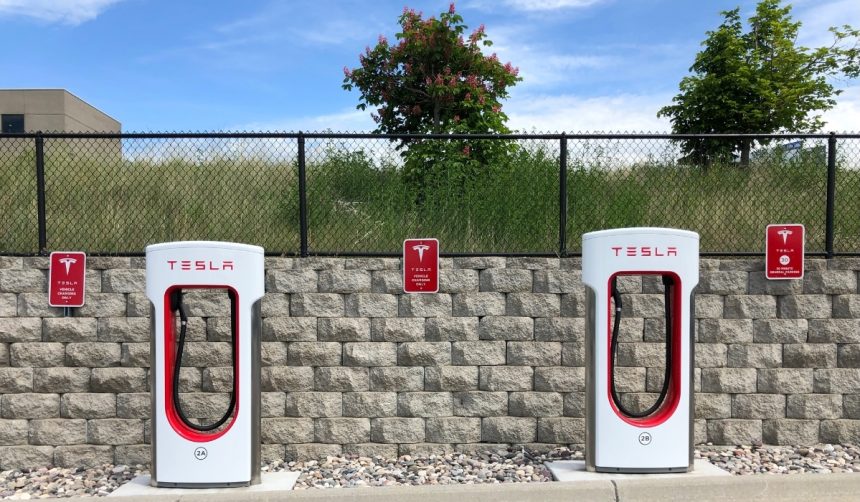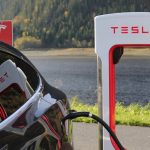Tesla continues to make strides toward its much-anticipated entry into the Indian electric vehicle market. The company has recently taken steps that indicate a probable official debut, even as it navigates complex regulatory and logistical challenges. This expansion is expected to significantly impact India’s growing EV sector and align with global trends towards sustainable transportation.
Tesla has initiated refunds to its early reservation holders in India, a move that suggests the company’s preparations for launching its electric vehicles are nearing completion. These refunds pertain to deposits made by customers interested in models like the Model 3, which have been pending since 2016. This action indicates a possible delay in the rollout as Tesla updates its offerings to better suit the Indian market.
What Are Tesla’s Plans for Manufacturing in India?
Tesla is exploring the establishment of manufacturing facilities in India to meet local demand and reduce import costs. The search for suitable sites and potential partnerships is underway, aiming to create a sustainable supply chain within the country.
How Is Tesla Addressing India’s Import Duty Challenges?
To overcome high import duties, Tesla is negotiating with the Indian government for favorable terms that would facilitate easier market entry. These negotiations have been ongoing, reflecting the complexity of setting up operations in a new and regulated market.
What Indicators Suggest an Imminent Launch?
Recent sightings of Tesla Model Y vehicles undergoing tests in India and the commencement of certification processes for new models signal that the launch might occur soon. Additionally, the selection of Mumbai and New Delhi for initial store locations underscores Tesla’s commitment to establishing a presence in key urban centers.
Over time, Tesla’s efforts to penetrate the Indian market have shown varying degrees of progress. Earlier reports highlighted extensive discussions with government officials and potential collaborations with local companies like the Tata Group. These foundational steps are crucial for navigating regulatory landscapes and building a robust market presence.
Tesla’s entry into India could provide consumers with more EV options and potentially lower costs through local manufacturing. For investors and stakeholders, this expansion represents a strategic move into one of the world’s largest automotive markets. As the company finalizes its plans, keeping an eye on regulatory approvals and market reception will be essential for predicting the success of Tesla’s endeavors in India.










